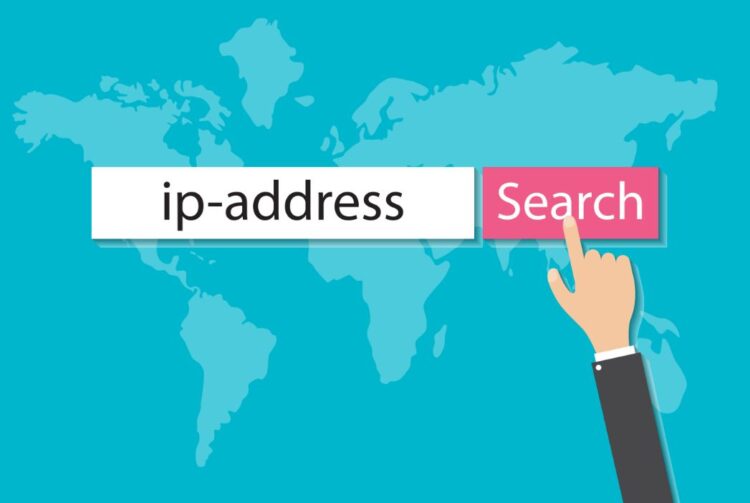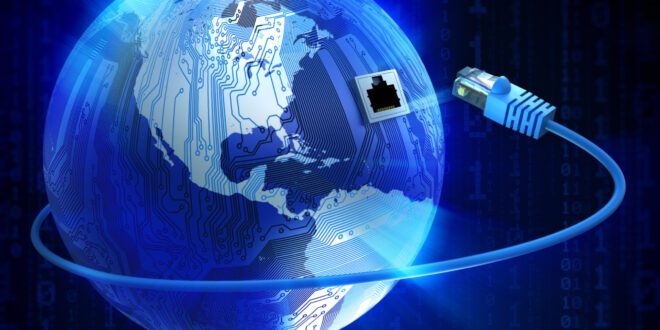Internet Protocol Address or more commonly known as IP address is a unique number that is assigned to all devices that are connected to the internet. It is used for device identification as it moves across the internet and connects to websites or other devices.
Although Information technology (IT) might be confusing at times for people who do not deal with computers or networks, it is helpful to know the basics of IP addresses, since devices and the internet have become an integral part of our daily lives.
What is an IP Address used for?
It enables the identification and addressing of a device in a network and provides the foundation for transporting information from the sender to the correct recipient. When you are browsing online, shopping, chatting, or using other services, your request needs to be sent out to the right destination.
In return, the information that you want has to come back to you directly. Internet Protocol addresses, routes, and delivers your online requests precisely, at the same time attaching an electronic return address (IP address) to all your online activity. This way you are ensured to receive any information you need, even when there are millions of other devices connected to the internet.

Who assigns them?
Since Internet Service Providers give you access to the internet, they are also the ones who assign an IP address to your device. All your internet activity goes through them and they direct it back to you, using your internet protocol address in the process.
However, according to experts from Winipucu, your address might change even at home, at it can simply happen by turning your router or modem off and on. Your provider can even change it for you if you contact them.
When you are at a different location, you are using a different network to connect to the internet, so your IP address will temporarily change. No matter where you go, you will be using a different address every time you connect to a new network. However, you will not have to do anything yourself, since it all happens on its own, thanks to the brilliant design of the internet, wireless networks, and protocols.

Types of IP Addresses
There are two distinct types – dynamic and statics
Dynamic IP addresses – They are mostly used for regular online browsing. When a person connects to the internet, the provider gives them an unassigned, random address. They are generally deleted after each session. As such, providers need fewer IP addresses since they can be reused, and users benefit from privacy protection since it allows them to surf more anonymously.
Static IP addresses – They are used for web servers or in private networks for connecting to printers or other computers and unless the owner changes it themselves it always stays the same. They are easier to track compared to dynamic addresses which might be their biggest disadvantage.
They are considered to be personal data
They enable monitoring and tracking of user’s stream of data, so they are considered as online identifiers and as such require special protection. This is why there are strict rules for handling this type of data, especially in e-commerce, and storing IP addresses is not allowed. Special access is granted only to security agencies in criminal matters.
Computers and networks might be difficult to understand, but it is nonetheless important to learn some basics about them. After all, since technology is constantly changing, we should try our best to stay informed, not only for keeping up with these changes but also to enable our protection and ensure safety as well.
 Hi Boox Popular Magazine 2024
Hi Boox Popular Magazine 2024



